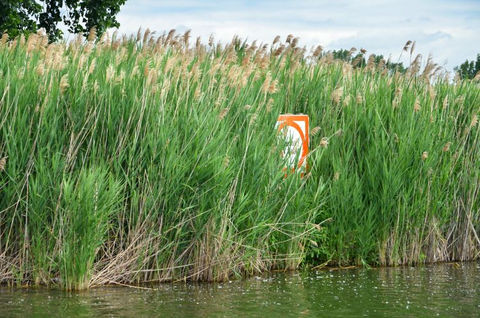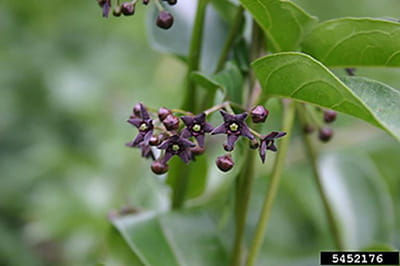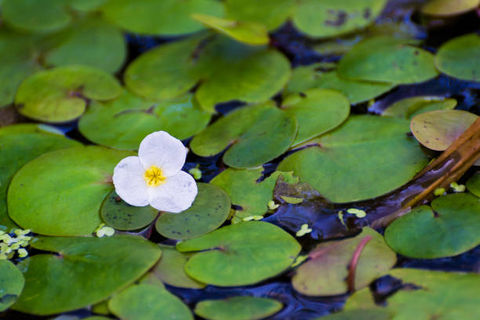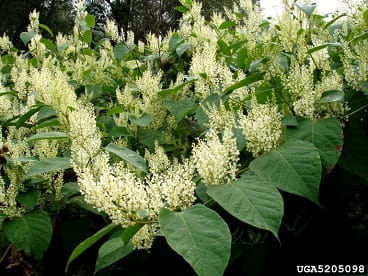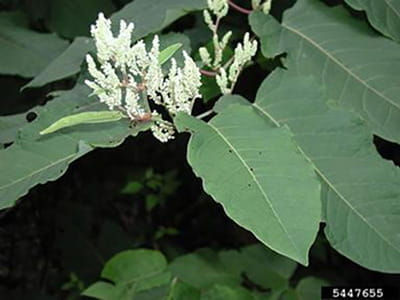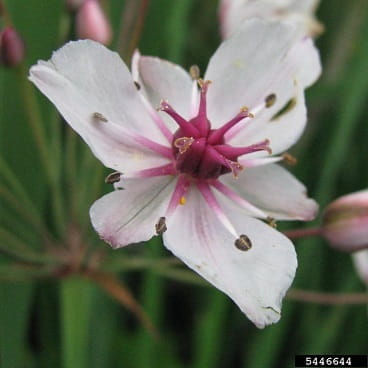
Calhoun
Conservation
District
Barry, Calhoun & Kalamazoo Cooperative Invasive Species Management Area

An invasive species is one that is not native and whose introduction causes harm to Michigan's economy, environment, or human health. Many non-native species in Michigan, including fruits, vegetables, field crops, livestock, and domestic animals are important to our economy and lifestyle. Most non-native species are not harmful and may provide economic benefits. Invasive species cause harm when they out-compete native species by reproducing and spreading rapidly in areas where they have not natural predators and change the balance of the ecosystems we rely on.
Barry-Calhoun-Kalamazoo Cooperative Invasive Species Management Area (BCK CISMA) is funded by the Michigan Invasive Species Grant Program (MISGP). BCD houses the CISMA coordinator who works with partners throughout the tri-county region to educate, survey, prioritize, and treat invasive species. This education is free of charge and participation in CISMA management planning is open to the public. Please contact your BCK CISMA Coordinator Sara Huetteman, or visit the BCK CISMA page, to learn more on how you can get involved fighting invasive species today!
For more information, you can also visit the BCK CISMA Facebook page and the Michigan Invasive Species Coalition (MISC) webpage.
CISMA's are comprised of private landowners, non-governmental organizations, natural resource management groups, governmental agencies, and others who are interested in combating invasive species. Together, we will better understand the threats in our region and prioritize solutions by combining efforts and centralizing communication.
The BCK CISMA will develop a comprehensive, strategic, and long-term approach for managing invasive species including invasive phragmites, black and pale swallow-wort, Japanese and giant knotweed, European frogbit, flowering rush, and Chinese yam. A strike team will survey and verify high-priority areas and use their results to create a comprehensive GIS database to prioritize, implement, and monitor treatments. Education and outreach efforts will raise citizen awareness and encourage involvement in detection and monitoring. To report an invasive species sighting visit www.michiganinvasivespecies

